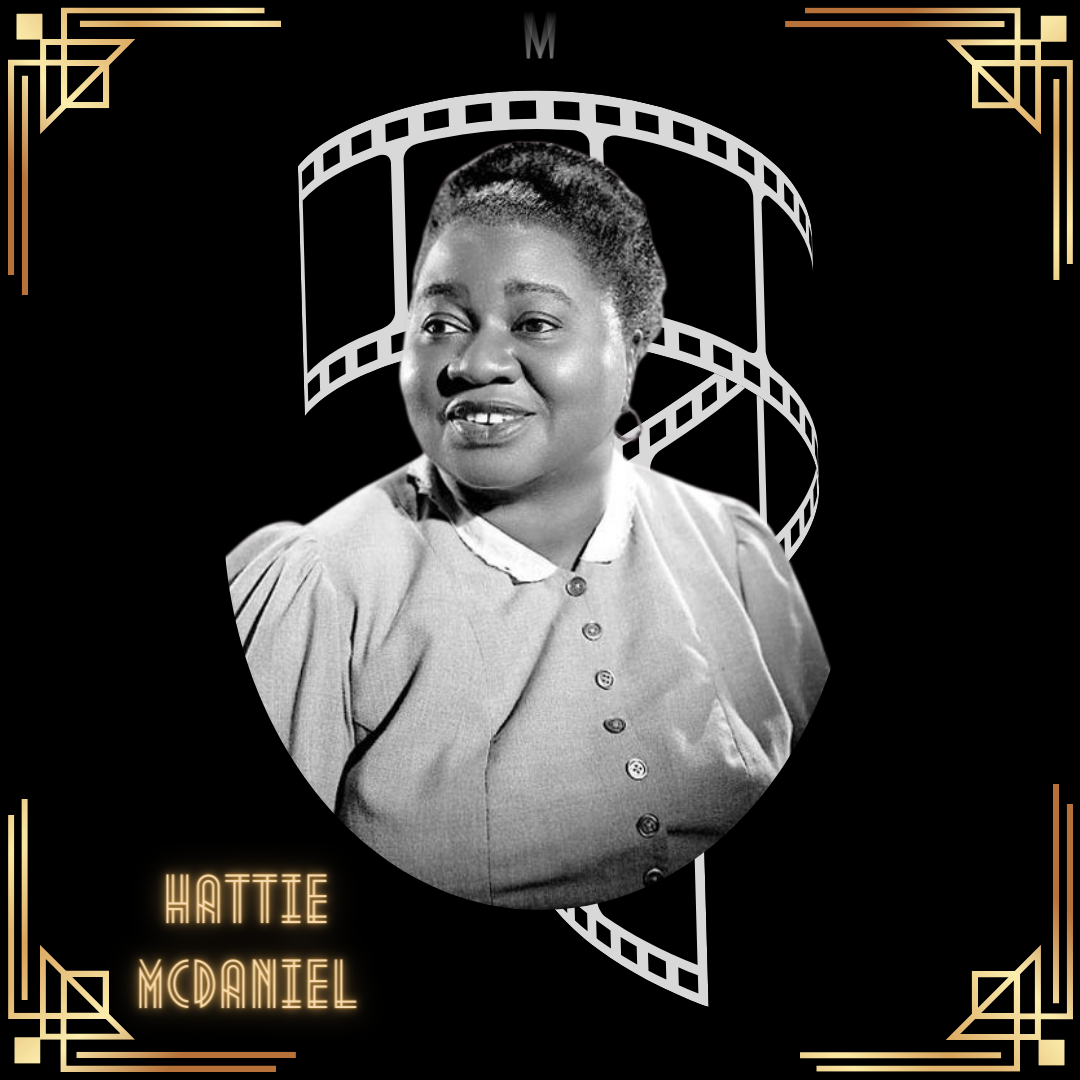Born on June 10, 1895, in Wichita, Kansas, Hattie McDaniel made history by becoming the first Person of Color to win an Academy Award for her role in “Gone with the Wind.” McDaniel’s talent and determination paved the way for future generations of Black entertainers in the film industry, and her iconic portrayal of Mammy remains a significant milestone in cinematic history. Her legacy continues to inspire individuals today, emphasizing the importance of representation and diversity in entertainment.
McDaniel faced numerous challenges and discrimination in an industry that marginalized Black performers. Despite these obstacles, her dedication to her craft and remarkable talent shone through in every role she took on. Her portrayal of Mammy challenged stereotypes and provided a platform for a more authentic representation of Black individuals in Hollywood. McDaniel’s success was not only a personal triumph but also a breakthrough for the Black community, as she broke barriers and opened doors for future generations of performers.
Her story serves as a powerful reminder of the value of perseverance, resilience, and authenticity in the face of adversity. McDaniel’s enduring legacy underscores the impact of representation and the importance of those who pave the way for others in the entertainment world. Her journey continues to inspire individuals to strive for inclusivity and equality in the realm of entertainment, showcasing the transformative power of art and the timeless significance of diverse voices in storytelling.
At Monarch Studios, we’re dedicated to embracing diversity and offering an inclusive environment for all creators. Our versatile and spacious facilities are designed to bring your ideas to fruition, regardless of scale. At Monarch Studios, we value the diverse viewpoints and skills of each person, guaranteeing that your project is not just a triumph but also a genuine representation of the diverse voices in our community. Come join us at Monarch Studios, where creativity has limitless possibilities.




